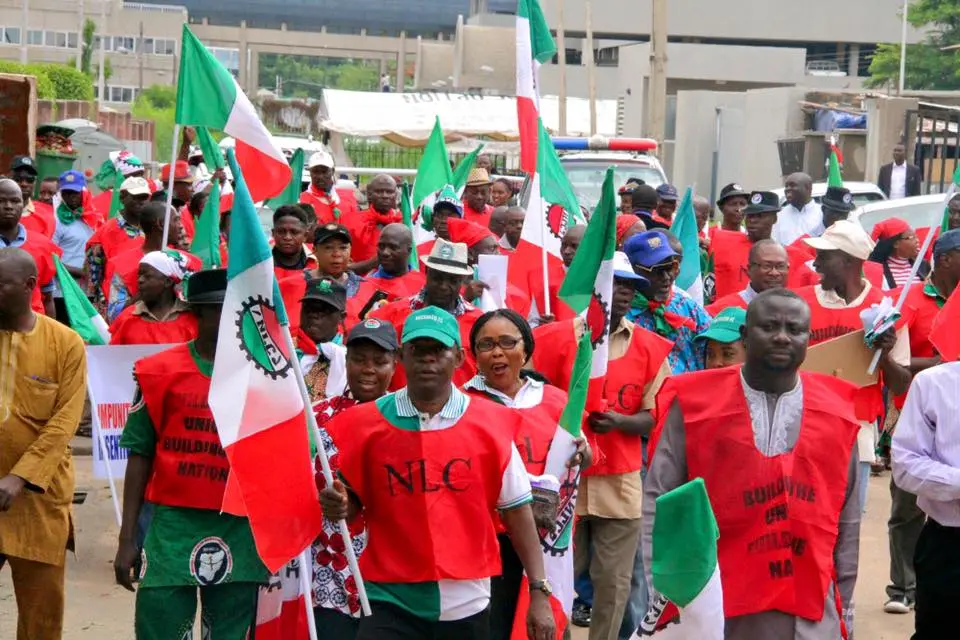
Electricity workers have faulted the Nigerian Electricity Regulatory Commission (NERC) for allegedly strangulating the generating companies (GenCos) and distributing companies (DisCos) electricity companies’ finances through the withdrawal of substantial capital expenditure (CAPEX), leaving the operators financially handicapped.
Under the aegis of the Senior Staff Association of Electricity and Allied Companies (SSAEAC), the workers warned of the consequences to the nation and urged the Federal Government to call NERC to order.
President-General of SSAEAC, Chika Benedict, said this during the association’s sixth Triennial National Delegates Conference, held at the weekend in Lagos. He expressed cautious optimism about recent policy directions in the sector.
While addressing regulatory bottlenecks in the power sector, Benedict said: “If we have to be in business, the cost of production must be recouped. The problem we are having is with the NERC. The regulators have overdrawn so much money from these companies in the name of CAPEX, and these companies are left with barely anything to run their businesses, and we frown at it. NERC should retrace its steps before it is too late.
“I do not see reasons why NERC officials will earn so much, and the companies generating and transmitting electricity have nothing. I am using this medium to tell the government what is happening in NERC. These regulators are strangulating these companies, and we are going to come up with more official communique soon, but we are warning them to retrace their steps because the consequences of what they are doing will befall this nation.”
Speaking on the unbundling of the Transmission Company of Nigeria (TCN) into TCN and NISO, he called for transparency, warning that the move could replicate the inefficiencies witnessed in the power sector’s previous privatisation exercises.
Benedict, who recalled the association’s position, vehemently disagreeing with the government on the move, said the union would rather solicit an improvement in funding.
He said the union drew the Federal Government’s attention to the last privatisation of PHCN infrastructures that has yielded little or no dividends to the Nigerian populace.
The SSAEAC chief said the union demanded that TCN be allowed to remain, while concerted efforts are geared to improve the facilities and make them more efficient.
According to him, “This was to avoid the danger of falling into the same trap of establishing inefficient companies, as we are experiencing with the companies in the sector. Let it be on record that our advice to the government was rejected.”
On members’ welfare, Benedict described the union’s resilience in the face of financial constraints and policy disruptions in the sector, noting that through prudent management, the association has preserved its assets and ensured SSAEAC remains a strong voice for its members.
He credited his administration for fostering internal unity, expanding revenue streams, and re-engaging critical stakeholders following years of institutional discontent.
In a goodwill message, President-General of the Trade Union Congress of Nigeria (TUC), Festus Osifo, who was represented by the General Secretary, Nuhu Toro, reiterated the congress’s call for improved job security, social protection and equitable economic policies for Nigerian workers.
Osifo also weighed in on national wage concerns, warning that the newly approved N70,000 minimum wage has already been decimated by runaway inflation and the soaring cost of living.








